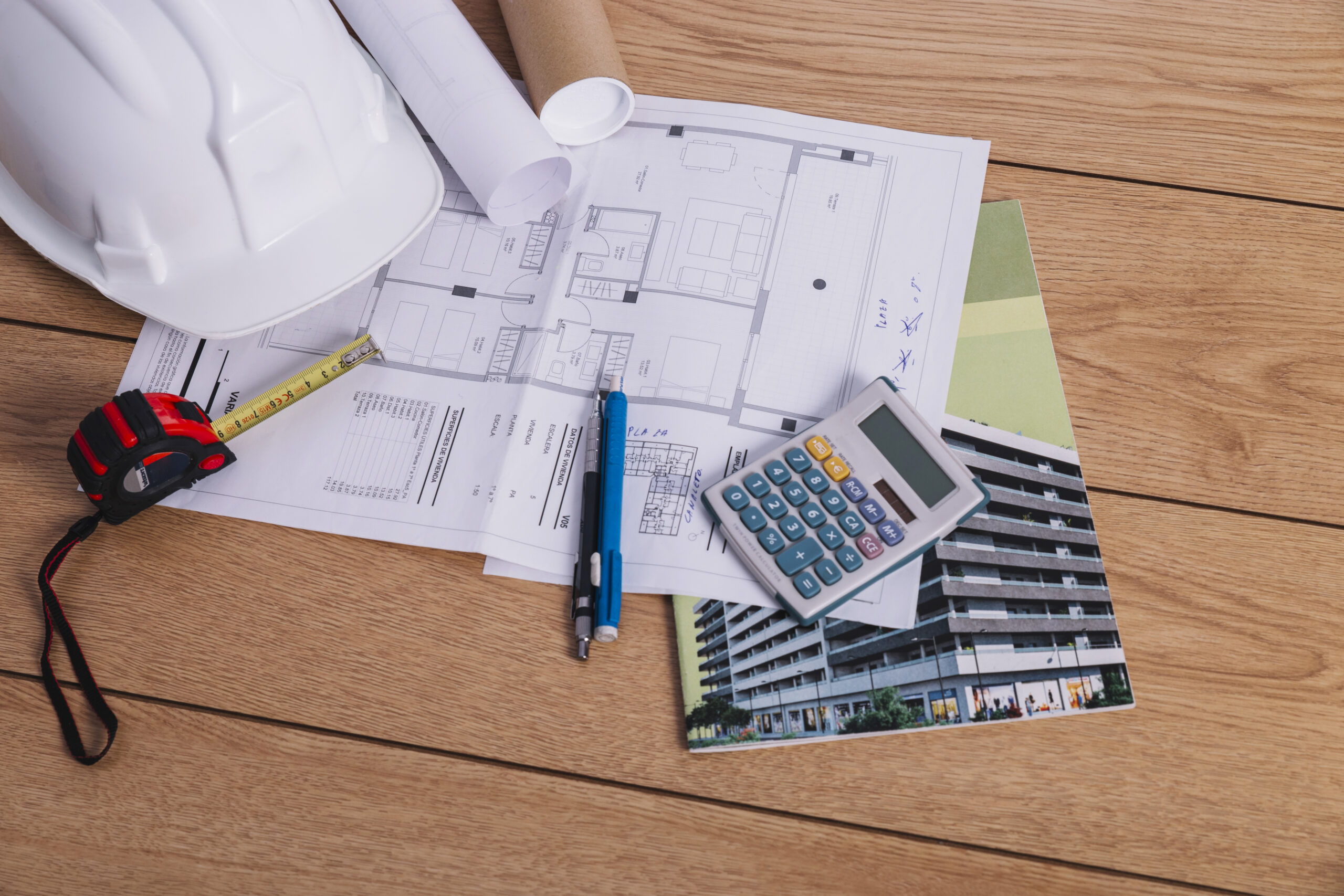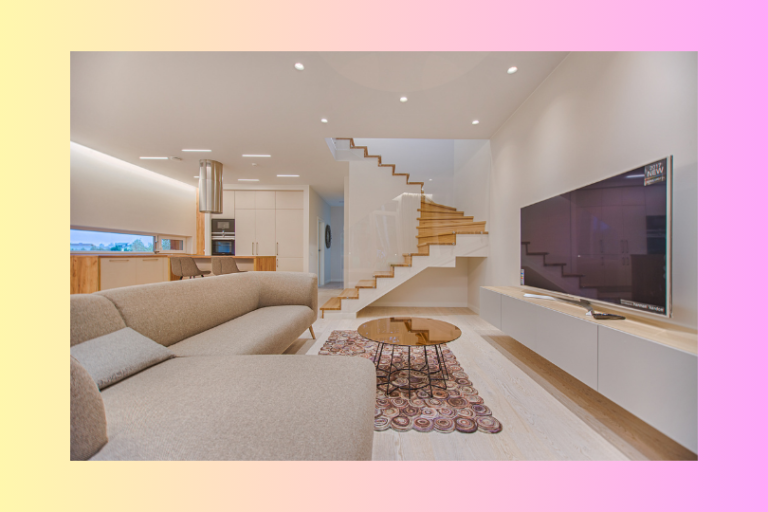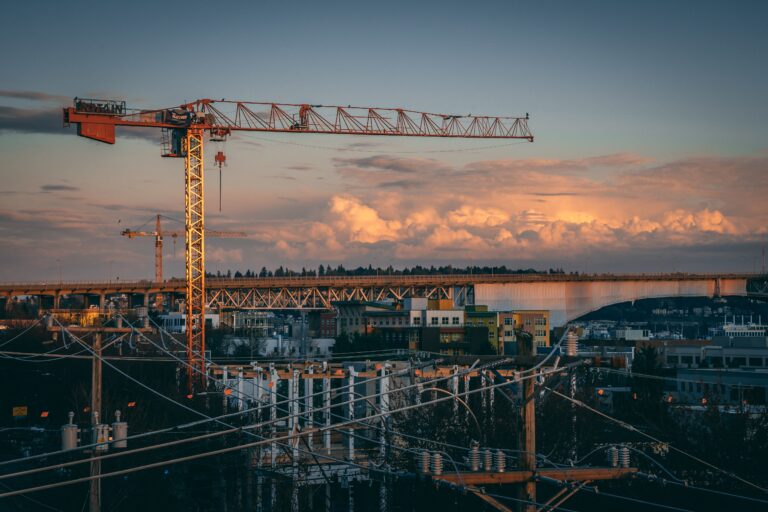
construction costs
Understanding construction costs is key to managing a construction project. Every project involves different expenses, from buying materials to paying workers. Knowing what these costs are upfront helps keep your budget on track.
Managing construction costs is crucial for staying on budget and avoiding surprises. Whether you’re constructing a house or a business space, it’s vital to plan. Making sure your project stays within budget is key. Stay informed and make smart choices to keep your costs under control.
What Are Construction Costs?
Construction costs cover all the expenses you need to pay to complete a building project. These costs cover materials such as wood and concrete. They also include payments to the workers who construct the buildings. This helps ensure that the construction projects meet high-quality standards. It’s not buying stuff; it’s also about planning how much you spend on different parts of your project.
For instance, when building a house, you’ll pay for the bricks, the windows, and even the paint. You also need to think about how much it costs to hire electricians and plumbers. The land you build on might need work before you can start building. This makes the total cost higher.
Each choice you make affects the final price. Choosing stronger materials might cost more now but can save money later because they last longer and need fewer fixes. Knowing these costs helps you make smarter choices, keeping your project low-cost and well-planned.
Initial Budgeting for Construction Projects
Creating an initial budget for your construction project is a crucial step. It helps you understand how much money you need and where it’s going to be spent. Here’s how you can start:
First, list all the things you need to buy or pay for. This includes materials like bricks and paint and services like plumbing and electrical work. Then, find out the current prices for these items and services. Add these up to get a rough idea of your total cost.
Next, think about extra costs that can pop up. Things like delays or unexpected repairs can increase your expenses. It’s wise to add a little extra money to your budget for these surprises. This extra amount is often called a contingency fund.
But, there are common pitfalls to watch out for in budgeting. One big mistake is underestimating the cost of materials or labor. Prices can change, and they might be higher than you think. Another issue is forgetting to include all the necessary expenses. It’s easy to remember the big costs but small things like permits and inspections can add up.
To avoid these pitfalls, double-check your prices and list of expenses. Talk to experts or contractors who have experience. They can offer useful advice and make sure your budget is accurate. This planning makes it easier to handle your building expenses and keeps your project on budget.
Key Factors Influencing Construction Costs
Knowing why construction costs go up can help you plan better and save money. Let’s look at the key factors that affect these costs. This understanding can guide you in managing your budget more.
Materials: The cost of materials like wood, steel, and concrete can vary widely. Prices change based on demand, availability, and where you buy them from. Choosing the right materials within your budget while not compromising on quality is crucial.
Labor: Paying workers is a big part of construction expenses. Labor costs depend on the skills needed, the length of the project, and the local wage standards. Sometimes, finding skilled labor at a reasonable cost can be challenging.
Machinery: For big projects, you often need heavy machinery like cranes and diggers. Renting these can be expensive. The cost depends on how long you need the machinery and the type of equipment required.
Location: Building in different locations can cost more or less, depending on several factors. Urban areas might have higher labor costs but cheaper material transport costs. In contrast, remote areas might cost more in transporting materials and less in labor.
Duration: The longer a project takes, the more it can cost. Delays due to weather, permit issues, or other setbacks can increase labor and rental costs significantly.
By knowing these factors, you can make informed decisions that keep your construction costs under control. Plan, choose, and keep track of all expenses to manage your budget effectively.
Importance of Tracking Construction Costs
Tracking construction costs is crucial for keeping your project on budget. It helps you see where money is going and find ways to save.
Benefits of Regular Cost Tracking: Keeping track of your spending during a project helps you stay on budget. If your expenses start to climb, you can make changes right away. This might involve choosing less expensive materials or changing parts of your project. By keeping an eye on costs, you make sure the project remains affordable from beginning to end.
Tools and Software for Cost Management: Several tools make it easy to keep an eye on your spending. QuickBooks, Procore, and Microsoft Project are some examples. You can use these tools to check how much you’re spending compared to your budget. This helps you manage your money better. They also let you see your future costs. This way, you can plan well and avoid overspending.
Using these tools not only keeps your construction costs in check but also simplifies the process. You can see reports and updates, which keeps everyone involved informed. This way, you’re not spending, but you’re also building.
Planning for Unexpected Expenses
Planning for unexpected expenses is a smart move in construction. It can help you handle surprises without breaking your budget.
How to Create Contingency Budgets: A contingency budget is extra money you save for surprises. It’s smart to save an extra 10% to 20% more than your original budget. This extra money helps pay for things you didn’t expect, like bad weather or higher prices for materials. This way, you’re always ready for the unexpected.
To set up this budget, first, look over your main project budget. Find areas where costs might rise unexpectedly. These could include challenges in construction, changes in material prices, or updates to the design. After identifying these risks, figure out how much extra money you need to handle them.
Examples from Real Projects That Faced Unexpected Costs: A contingency budget is very helpful. Let’s look at a building project in Colorado. The builders found soft soil that was not good for building. This was unexpected. They needed more work and materials to make the ground strong. Because of this, the project cost more. Luckily, they had a contingency budget. This extra money helped them to keep working without money problems. This shows why having a contingency budget is important.
A school in Vermont was being fixed up when workers found asbestos. Asbestos is a dangerous material, so it wasn’t expected and added extra costs. Luckily, they had a safety budget set aside for surprises like this. This budget helped them handle the asbestos and keep the renovation on track without any delays.
Having a contingency budget means you’re prepared for the unknown. It gives you peace of mind and keeps your project on track, even when surprises come up.
Long-term Cost Saving Strategies
Saving money on construction isn’t about cutting costs upfront. It’s about investing to save money over time.
Sustainable Practices That Reduce Costs: Building with eco-friendly methods can save you money. For example, energy-saving windows and good insulation mean you pay less for heating and cooling your home. Even though solar panels cost a lot at first, they help cut your energy bills over time. Also, using recycled materials is cheaper and helps the planet.
Investing in Quality Materials and Skilled Labor: Choosing good materials might cost more at first, but they last longer. This means you won’t have to fix or replace things as often, saving you money in the long run. It’s also smart to hire skilled workers. They might earn more, but they get the job done right the first time. This avoids extra costs and delays. Good materials and skilled workers make your project better from the start.
When you plan and invest a bit more at the start, you get a lot of benefits. Using these strategies means you save money over time. Plus, your building project will last longer and have better quality. This approach not only makes your project strong and cost-effective but also increases its value. It’s a wise choice both for your wallet and for the environment.
Common Mistakes in Managing Construction Costs
Keeping construction costs under control is very important. However, even experienced planners sometimes make mistakes that can raise costs. Knowing these frequent mistakes can help you steer clear of them. This makes managing construction costs easier and more effective.
Highlighting Frequent Errors and How to Avoid Them: A common mistake is not knowing how much materials and labor cost. It’s important to check these prices. This way, you avoid surprises. This usually happens when the initial planning phase is rushed. To avoid this, take your time to research and gather many quotes. This helps ensure your budget reflects a more accurate estimates.
Another common error is not anticipating changes in the market that could affect material costs or availability. Staying updated with market trends and having a flexible approach can save you from last-minute shocks and extra costs.
Also, poor communication often leads to costly misunderstandings amerrors. Make sure all the people working on the project, like suppliers and subcontractors, know exactly what they need to do and when they need to finish. This helps everyone stay on track and meet project deadlines. Regular meetings and updates can keep everyone on the same page.
Insights from Industry Experts: Industry experts emphasize the importance of a contingency plan. Unpredictable issues like weather delays or labor shortages can push costs up. Experts recommend setting aside a contingency fund of at least 10-20% of the total budget. This helps cover unexpected costs without putting the project’s money at risk.
Additionally, experts say investing in quality control systems. Always check the quality of materials and how well something is made. This stops you from spending extra money on fixes later. If you keep high standards from the beginning, you can save a lot of money.
When you avoid common mistakes, you can control your construction costs better. This helps you stay on budget and finish your project on time.
More Tips for Managing Construction Costs
Managing construction costs ensures your project stays on budget without sacrificing quality. Here are quick, actionable tips that you can put in place to keep your expenses in check.
Quick, Actionable Tips That Can Be Implemented: Begin by setting a clear project scope. This step lists all the needed tasks and materials. It helps avoid surprises that may increase costs. Make sure everything is planned out to stay on budget.
Next, always shop around for the best prices on materials. When you have a big project, think about buying materials in bulk. Suppliers usually give discounts if you order a lot at once. This can save you money. Make sure to check for the best deals! This can lead to significant savings.
Plan your team’s work hours. This helps you not waste money on extra labor when you don’t need it. Ensure everyone is busy during their work hours to keep costs down. Use good planning to manage work times better and save money.
Advice from Seasoned Contractors and Project Managers: Many experts recommend keeping technology to keep an eye on your budget. Software tools can give you updates on your spending right away. They also warn you if you are about to go over your budget. This method helps you manage your finances better.
Also, don’t overlook the importance of good relationships with suppliers and subcontractors. These relationships can lead to better deals, reliable supply chains, and favorable payment terms.
Finally, always conduct regular financial reviews. Check your spending against the budget every week or month. This helps you catch overages early and adjust before they become bigger issues.
Using these tips not only saves you money but also helps your project run. If you plan well and stay alert, you can reach your goals without spending too much. This smart management keeps your budget in check.
Frequently Asked Question
Navigating through construction costs can be tricky, but getting your questions answered helps make the process smoother. Here, we address some common questions with clear, helpful answers.
What are the biggest factors that affect construction costs?
The major factors include the cost of materials, labor charges, and the price of machinery needed for the project. Location and project duration also impact the cost.
How can I reduce construction costs without compromising quality?
Focus on efficient planning and procurement. Choose quality materials that offer durability without being expensive. Also, hiring skilled labor and managing project timelines can prevent costly delays and errors.
Why is a contingency budget important in construction projects?
Construction projects sometimes face unexpected problems. A backup budget, known as a contingency budget, helps you handle these surprises. It keeps your main budget safe and ensures your project stays on track.
Can technology help in reducing construction costs?
Project management software helps you manage your budget, plan your time, and use your resources. This technology also reduces mistakes by improving how we talk and keep records. This makes things cheaper and easier to handle.
What should I do if my construction costs start exceeding my budget?
First, review your project plan to find ways to save money without changing the results. Talk about other options with your contractors and plan your expenses. By monitoring your budget, you can handle any extra costs early.
These tips will make it easier for you to manage your construction costs. By following these suggestions, you can handle the money side of your building project with more confidence.
Conclusion: Leveraging Knowledge for Cost Efficiency
Managing construction costs well is key to staying on budget and finishing your project on time. We talked about why planning matters, what impacts costs, and how to dodge common mistakes. By using these tips and the right tools, you can get better at handling your money. Each project teaches you something new. Use what you’ve learned to make your next construction project more successful and keep costs down.






